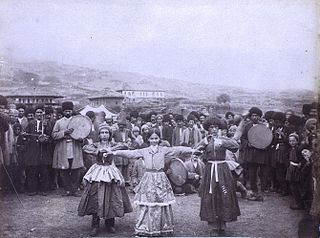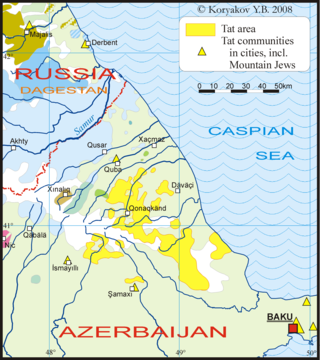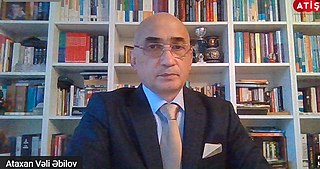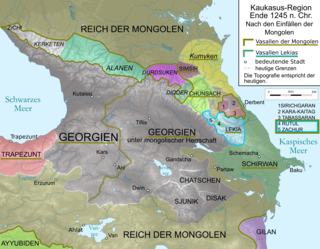| English | Kiliti | Talyshi (Taleshdulaei) | Persian | Tat |
|---|
| When Duke General came, | vahti knâz' aslnda eranali èmiabia, | vaqti sardăr ăma, | väqti duk ženeral amäd, | vəxtikə general ama, |
| he asked me: | manè èštaša: | ba mәnkăš xăsta: | az män xast: | əz mən xast: |
| "Speak in your language so I see what is your language". | "bi šema zun kasaka man vinèm ki, šema zun kalang zuna". | "ba әštan zәvon gaf bәžan bәvinom šәma zәvon kamila" | "be zäbane xodetan soxän begu bebinäm ke, zäbane šoma kodam zäban äst" | "bə zuhun xištənšmu gaf san vünüm ki, zuhunšmu kami zuhunü" |
| Whatever he asked me (got information from me), I said then. | ha či ki, èšman haba èškata, mandže votma. | ba mәnka harčә kәn dafarsәsta mәnin văta. | här če ke, äz män porsid (xäbär gereft), män häm goftäm. | hər čü ki, əz mən xəbər asta, məniš guftirüm. |
| He asked me how we counted. | èšman haba èškata ki, ki kalang ašmardia. | ba mәnkă dafarsәst čәntarin bašmard. | äz män xäbär gereft ke, čegune mišemarid. | əz mən xəbər asta ki, tə bə čənta bəšümərdənind. |
| Then I counted up to hundred. | mandže ašmar dema desta sa. | mәnin әšmarda dă sad. | män häm šemordäm ta be säd. | məniš šümərdüm tə bə sad. |
| That General wanted me to come to him. | o eranal manè èštaša kûsèš. | a sardări ba mәnkă xăsta bәšom čai var. | an ženeral äz män xast pišäš beräväm. | un general əz mən xast bətəni baram. |
| He asked me: "Where do you stay?" | èšman haba èškata: "kèing mandaniš?" | ba mәnka dafarsa: "kiyă bamandiš?" | äz män xäbär gereft: "koja mimani?" | əz mən xəbər asta: "bečə bəmundəni?" |
| Then I said that "dismiss me, I will go to my home". | mandže votma ki, "manu murahast kai, manèm kaim". | mәnin văta kәn, "ama bәrăxәn bašimon әštan ka". | män häm goftäm ke, "mära moräxäs kon, miräväm xaneäm". | məniš guftirüm ki, "mənə raha tin, maram bə xuneymə". |
| He said: "No, you should stay here". | votma: "na, pista na haingu muni". | vătәš: "ne, pi hiyă bәmona". | goft: "nä, bayäd häminja bemani". | gufti: "nə, gərək incə muni". |
| I said then: "That is your will, | mandže votma: "ihtio hesta, | mәnin văta: "әm әštә xăstaya, | män häm goftäm: "in xaste to äst, | məniš guftirüm: "in xasteytürü, |
| you tell me to stay, | votim manem, | bătiš bәmonәm, | miguyi bemanäm, | bətəni munüm, |
| so I (will stay) for the night." | šav mandže". | azni šav (bamandim)". | män häm šäb (mimanäm)". | məniš šöü (immunüm)". |
| Whatever he asked me, I said then. | ha či oj èščaman haba èškata, mandže votma. | harči ba mәnka dafarsәst mәnin văta. | här če ke äz män xäbär gereft, män häm goftäm. | hər čü əz mən xəbər asta, məniš guftirüm. |












